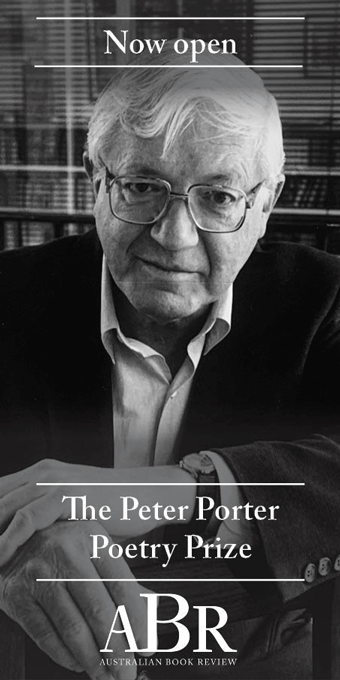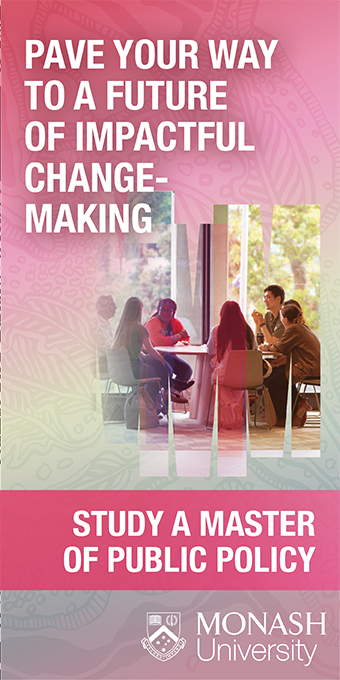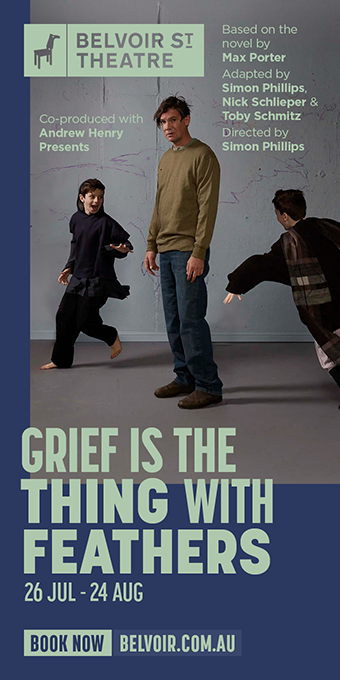John Rickard

John Rickard is the author of Australia: A Cultural History (2017). In his youth he worked as an actor and singer.
Australian musical theatre has had a long if chequered history going back to the popular, localised melodramas and pantomimes of the nineteenth century. In the more recent past, we think of successes such as Priscilla Queen of the Desert (1994) and The Boy from Oz (2003). We tend to overlook more intimate exercises in musical theatre, such as the innovative Sydney Phillip Street revues of the 1950 ... (read more)
In 1976, when Prime Minister Malcolm Fraser and his wife, Tamie, were on an official visit to the White House in Washington, she was shown the collection of Americana acquired through the White House Historical Association, an idea of Jacqueline Kennedy’s as First Lady. Her enthusiasm for a similar Australian fund coincided with government concern about the care and condition of not just one but ... (read more)
There has been an argument going on in the Liberal Party about the nature of the Menzies heritage – was Robert Menzies, the founder of the modern party, a liberal or a conservative? Notably absent from this discussion has been the national figure who was the first leader of a united anti-Labor party and who also happens to have been a father of Federation, Alfred Deakin. If our politicians still ... (read more)
I was a student at Sydney University when, in 1954, the embattled Labor leader Dr H.V. Evatt went public, accusing a small group of Labor MPs of disloyalty, their attempt to gain control of the party being directed from a source outside the labour movement. He identified the Melbourne News Weekly as their mouthpiece. Few had heard of B.A. (‘Bob’) Santamaria, who ran News Weekly, but his name n ... (read more)
Finding the right teacher is always a challenge for young singers, and the relationship between student and teacher can see the formation of a lifelong bond. By the same token, when there is a falling-out there may be a legacy of hurt or bitterness. Mathilde Marchesi, the subject of Divas, was in her eighties, with more than fifty years of teaching behind her, when the New Zealand born Frances Ald ... (read more)
When Take Me to Paris, Johnny was first published in 1993, the AIDS crisis seemed to be at its worst. Many of us had friends and acquaintances who were dying. One began to notice men who, thin and haggard, one feared were suffering from AIDS (women victims being relatively few in number). There was no sign of the drug therapies that would, towards the end of the decade, begin to transform the trea ... (read more)
Hector Crawford is a unique figure in the history of Australian radio and television. The Australian Dictionary of Biography article (also by the author of this book) describes him as 'television producer, media lobbyist and musician', to which could be added radio producer, showman, and entrepreneur. Above all, he was a persistent and canny advocate of Australian content at a time when the infant ... (read more)
Why Acting Matters has on its cover the face of an ape; well, actually it’s Andy Serkis playing Caesar, ‘the top ape’ in Dawn of the Planet of the Apes (2014). The point of this rather unexpected image from a movie not discussed in the book is, the blurb tells us, that ‘acting is baked into our primate DNA’. These two books, however, by elder statesmen in their respective fields, are con ... (read more)
Many years ago, when I was struggling to make a living as an actor–singer in England, I spent six months in the chorus at the London Palladium, in a show breezily titled Let Yourself Go, whose star was former Goon Harry Secombe. It was hard work: two performances nightly, plus a matinee on Saturday. Years later, I realised that this demanding regimen was inherited from the days of music hall, wh ... (read more)




